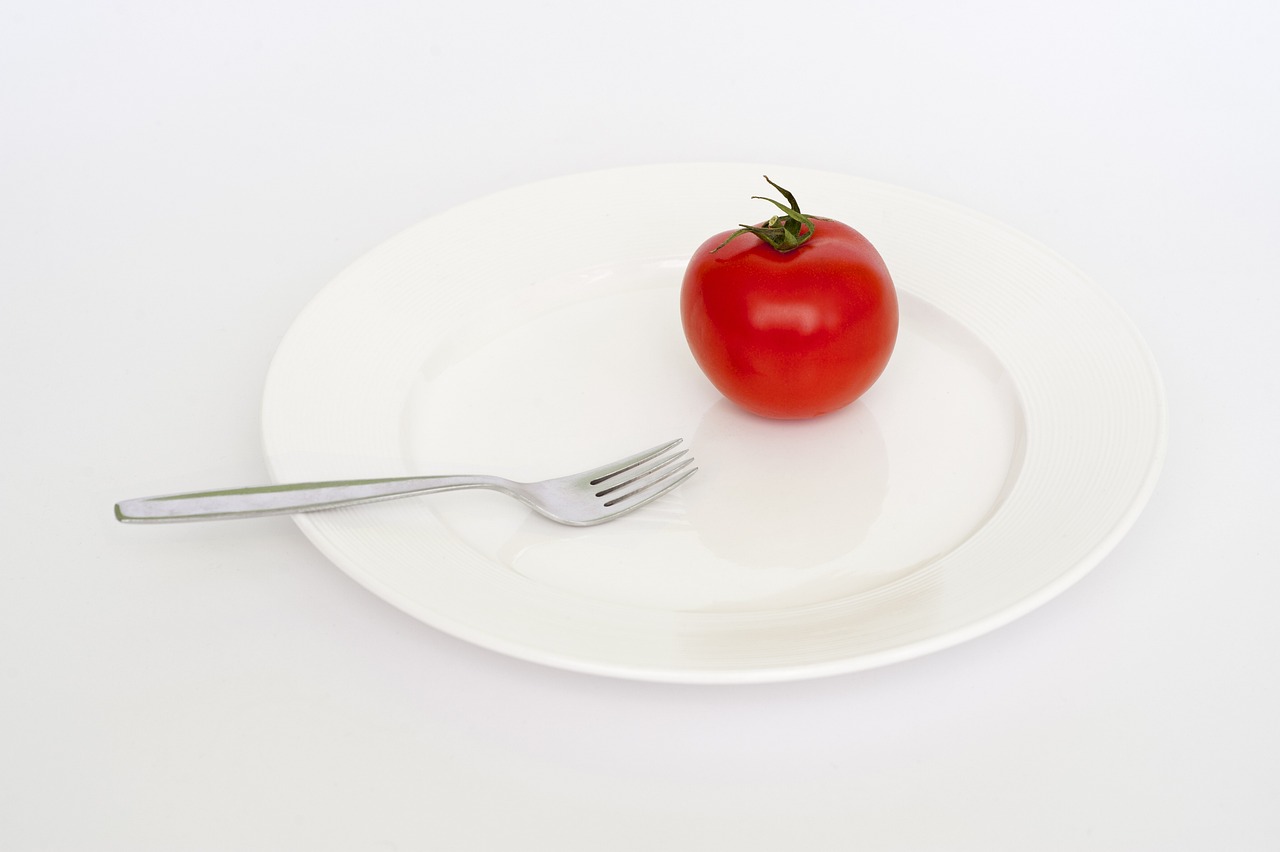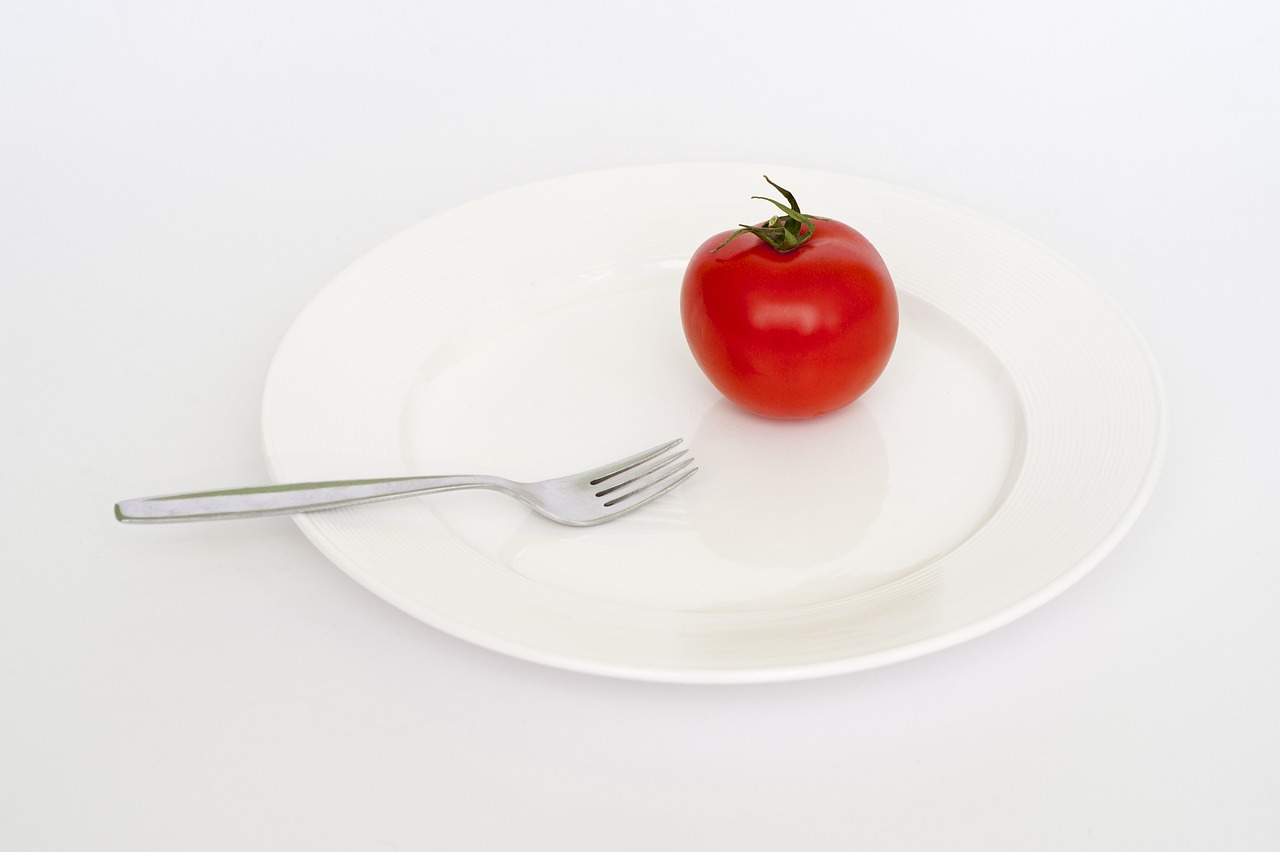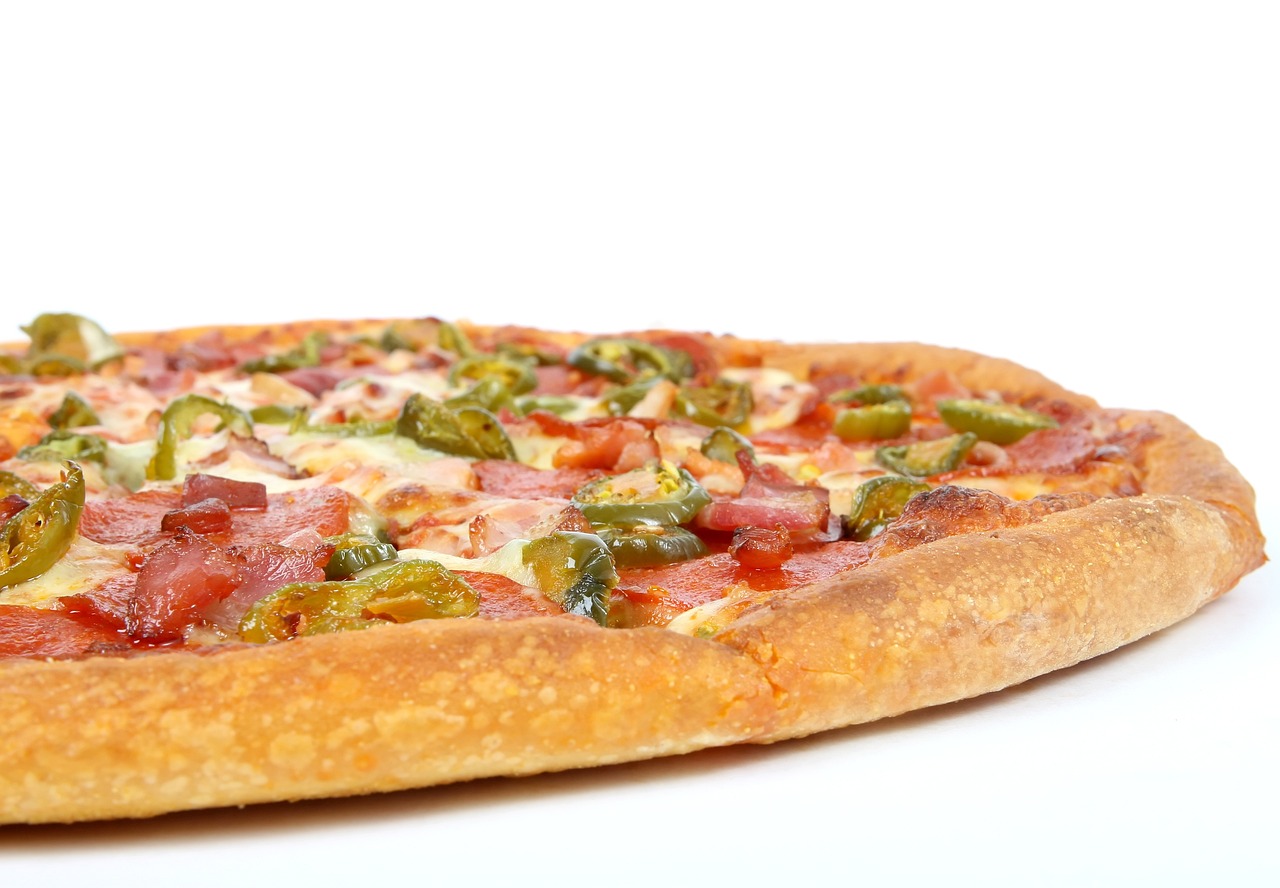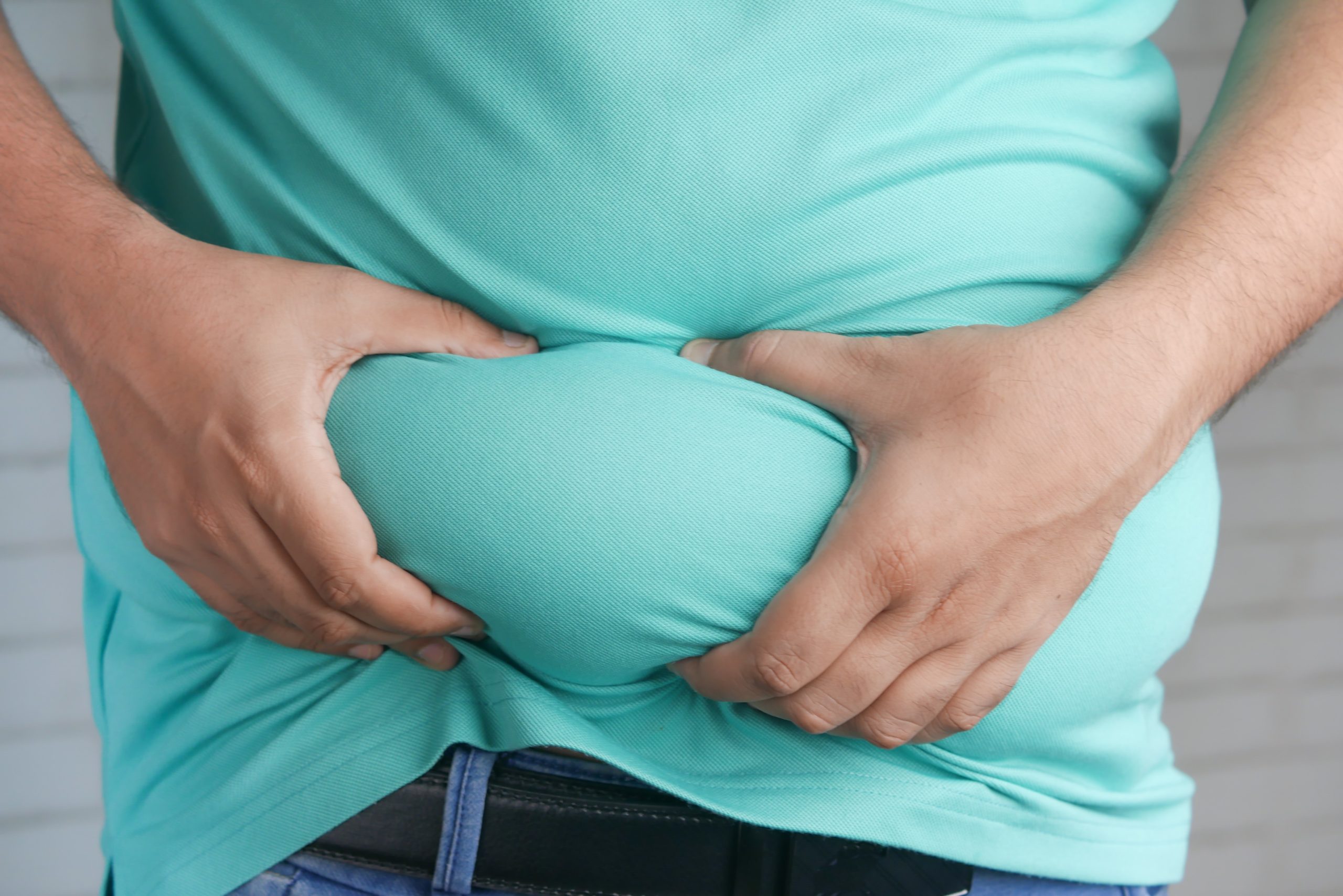Are you struggling to find the best diet for losing fat? Look no further! In this article, we will explore different strategies and provide insightful tips on how to achieve your fat loss goals. Whether you are looking to shed a few pounds or embark on a complete lifestyle overhaul, we have got you covered. Say goodbye to fad diets and trendy weight loss programs – this article will equip you with the knowledge to make informed choices and create a sustainable diet that will lead you to a healthier, leaner you. So, let’s get started on your journey to ultimate fat loss success!

Importance of Diet in Fat Loss
Maintaining a healthy and balanced diet is crucial when it comes to losing fat and achieving your weight loss goals. While exercise is important for overall health, it is the combination of a proper diet and regular physical activity that truly maximizes fat loss. By understanding the fundamentals of nutrition and making the right choices when it comes to what you eat, you can effectively shed excess fat and improve your overall well-being.
Understanding Calories
Calories are the units of energy found in the food we consume. When it comes to fat loss, understanding the concept of caloric balance is essential. A caloric deficit occurs when you consume fewer calories than your body needs to maintain its current weight. This deficit forces your body to tap into its stored fat reserves to meet its energy requirements, resulting in weight loss. Conversely, a caloric surplus means you are consuming more calories than your body needs, leading to weight gain.
Caloric Deficit
To lose fat, you need to create a caloric deficit. This can be achieved by either consuming fewer calories, increasing your energy expenditure through physical activity, or a combination of both. However, it is important to ensure that you still provide your body with all the essential nutrients it needs to function optimally. Gradual and sustainable weight loss is typically recommended, aiming for a deficit of 500-1000 calories per day, leading to a weight loss of 1-2 pounds per week.
Caloric Surplus
While a caloric deficit is necessary for fat loss, a caloric surplus is required for muscle gain. If your goal is to lose fat while simultaneously building muscle, you may want to consider cycling between periods of caloric deficit and caloric surplus. This approach, also known as “bulking and cutting,” allows you to build muscle during the surplus phase and then shed excess fat during the deficit phase.

Basal Metabolic Rate
Your Basal Metabolic Rate (BMR) is the number of calories your body needs to perform basic bodily functions at rest, such as breathing and maintaining body temperature. Understanding your BMR can be helpful in determining the number of calories you need to consume to maintain your weight or create a caloric deficit. Several online calculators are available that can estimate your BMR based on factors such as age, weight, height, and activity level.
Macronutrients and Fat Loss
Beyond calorie counting, the composition of your diet also plays a significant role in fat loss. Macronutrients, including protein, carbohydrates, and fats, are the three primary sources of energy for the body and each serves a unique purpose.
Protein
Protein is essential for fat loss as it promotes feelings of fullness, helps maintain lean muscle mass, and supports muscle recovery and growth. Including lean sources of protein like chicken, fish, tofu, beans, and Greek yogurt in your diet can help you stay satisfied and aid in fat loss.
Carbohydrates
Carbohydrates are the body’s main source of energy and are essential for fueling your workouts. Opt for complex carbohydrates found in whole grains, fruits, and vegetables that provide a steady release of energy and contain essential vitamins and minerals. Avoid or limit processed and refined carbohydrates that can lead to rapid spikes and crashes in blood sugar levels.
Fats
Contrary to popular belief, not all fats are bad for you. Healthy fats, such as those found in avocados, nuts, seeds, and olive oil, are crucial for hormone production, nutrient absorption, and overall health. However, it is important to consume fats in moderation, as they are calorie-dense and can contribute to weight gain if consumed in excess.

Popular and Effective Diets for Fat Loss
There are various diets that have gained popularity for their effectiveness in promoting fat loss. It is important to note that the best diet for fat loss is one that you can sustain in the long term, fits your lifestyle, and meets your individual nutritional needs. Here are a few popular options:
Ketogenic Diet
The ketogenic diet is a low-carbohydrate, high-fat diet that aims to transition the body into a state of ketosis, where it primarily burns fat for energy instead of carbohydrates. By severely restricting carbohydrates and increasing fat intake, this diet can be effective for fat loss, though it may not be suitable for everyone, particularly those with certain medical conditions.
Paleo Diet
The paleo diet, also known as the caveman diet, emphasizes eating whole, unprocessed foods that our ancestors would have consumed during the Paleolithic era. This diet focuses on lean proteins, fruits, vegetables, nuts, and seeds while excluding grains, legumes, dairy, and processed foods. The paleo diet can help promote fat loss by eliminating potentially inflammatory foods and emphasizing nutrient-dense options.
Intermittent Fasting
Intermittent fasting is a pattern of eating that involves cycling between periods of fasting and eating. Common methods of intermittent fasting include the 16/8 method, where you fast for 16 hours and eat within an 8-hour window, and the 5:2 method, where you consume a reduced number of calories for two non-consecutive days of the week. Intermittent fasting can aid in fat loss by promoting calorie restriction and potentially improving insulin sensitivity.
The Role of Exercise in Fat Loss
While diet plays a significant role in fat loss, incorporating regular exercise into your routine is essential for optimal results. Exercise helps increase your energy expenditure, build lean muscle mass, and improve overall fitness and well-being. Here are two types of exercises that are particularly beneficial for fat loss:
Cardiovascular Exercise
Cardiovascular exercise, also known as aerobic exercise, includes activities that increase your heart rate and breathing rate over an extended period. Engaging in exercises such as running, cycling, swimming, or brisk walking can help burn calories, increase your endurance, and improve cardiovascular health. Aim for at least 150 minutes of moderate-intensity cardiovascular exercise per week.
Strength Training
Strength training, also referred to as resistance training or weightlifting, involves working your muscles against resistance to build strength, endurance, and muscle mass. Although strength training may not burn as many calories during the workout itself, it helps increase your resting metabolic rate, allowing you to burn more calories throughout the day. Incorporate strength training exercises, such as lifting weights or using resistance bands, into your routine at least two days a week.
Importance of Dietary Fiber
Dietary fiber is an essential component of a healthy diet and can play a significant role in fat loss. Fiber is a type of carbohydrate that the body cannot digest, meaning it passes through the digestive system relatively intact. This adds bulk to your diet, aiding in feelings of fullness and promoting regular bowel movements. Foods rich in dietary fiber include whole grains, fruits, vegetables, legumes, and nuts.
Meal Timing and Frequency
In addition to monitoring the quality and quantity of your food, the timing and frequency of your meals can also impact fat loss.
Meal Frequency
The idea that eating smaller, more frequent meals throughout the day boosts metabolism and promotes fat loss has been popularized in the fitness industry. However, research suggests that meal frequency may not significantly influence weight loss. It is more important to focus on overall caloric balance and the quality of your meals rather than the number of meals consumed.
Intermittent Fasting
As mentioned earlier, intermittent fasting is a style of eating that involves periods of fasting and eating. This approach can be an effective tool for fat loss as it can promote calorie restriction and potentially improve insulin sensitivity. However, it is essential to listen to your body and choose a fasting method that aligns with your lifestyle and preferences.
Hydration and its Impact on Fat Loss
Proper hydration is often overlooked but plays a crucial role in overall health and fat loss. Staying hydrated helps regulate body temperature, support metabolism, and maintain optimal bodily functions. Additionally, drinking water before meals can help promote feelings of fullness and reduce calorie intake. Aim to drink at least 8 cups (64 ounces) of water per day and adjust your intake based on individual needs and activity levels.
Mindful Eating and Portion Control
Practicing mindful eating and portion control can greatly contribute to your fat loss journey. Mindful eating involves paying attention to your hunger and fullness cues, eating slowly, and savoring each bite. It can help you develop a healthier relationship with food, prevent overeating, and promote a greater appreciation for the flavors and textures of what you consume. Portion control involves being mindful of serving sizes and avoiding oversized portions, as excess calorie intake can hinder fat loss efforts.
Seeking Professional Guidance
If you feel overwhelmed or unsure about how to create an effective fat loss plan, seeking professional guidance can be incredibly beneficial. There are several professionals you can consult:
Registered Dietitian
Registered Dietitians are experts in the field of nutrition and can provide personalized advice based on your individual needs and goals. They can help you develop a balanced diet plan, provide education on nutrition, and guide you through the process of achieving your fat loss goals in a safe and sustainable manner.
Nutritionist
Nutritionists are professionals who specialize in the field of nutrition and can also provide guidance and encourage positive behavior changes when it comes to your diet. While they may have different qualifications depending on their country of practice, they can still offer valuable insights and support on your fat loss journey.
Personal Trainer
Working with a personal trainer can be an effective way to incorporate exercise into your fat loss plan. They can design a workout program tailored to your needs and abilities, provide guidance on proper exercise technique, and help you stay motivated and accountable. A personal trainer can also offer recommendations on nutrition to support your fat loss goals.
In conclusion, while there is no one-size-fits-all approach to fat loss, maintaining a balanced diet, understanding your caloric needs, and incorporating regular exercise are essential components in achieving your goals. By focusing on whole, nutrient-dense foods, staying hydrated, and seeking professional guidance when needed, you can embark on a successful fat loss journey and improve your overall health and well-being. Remember, consistency and patience are key, and it’s important to listen to your body and make choices that are sustainable for the long term.




